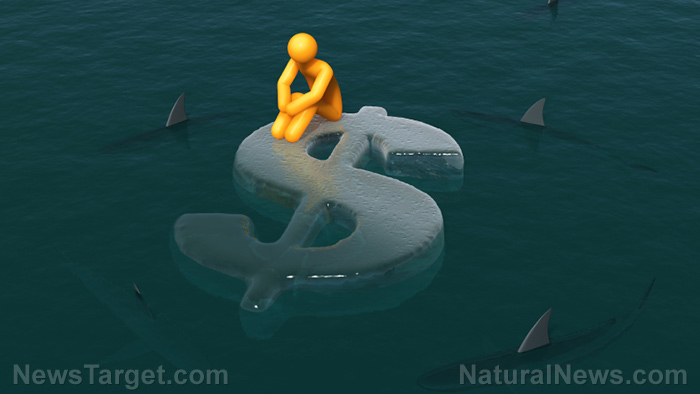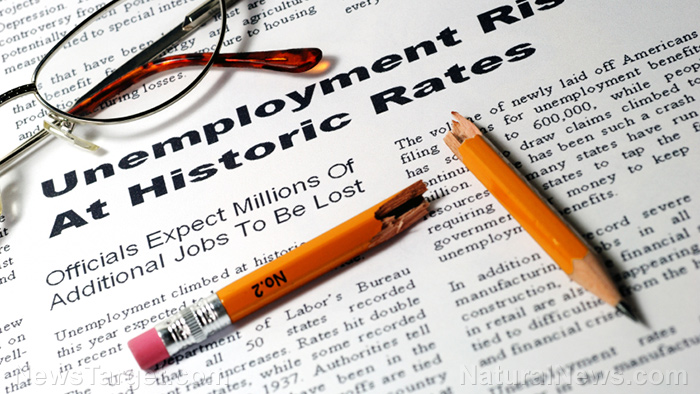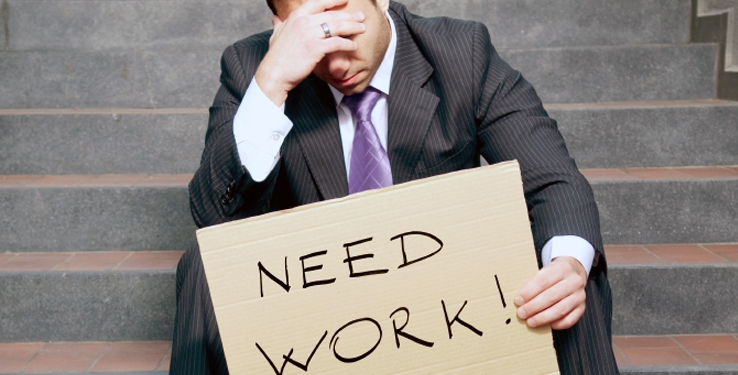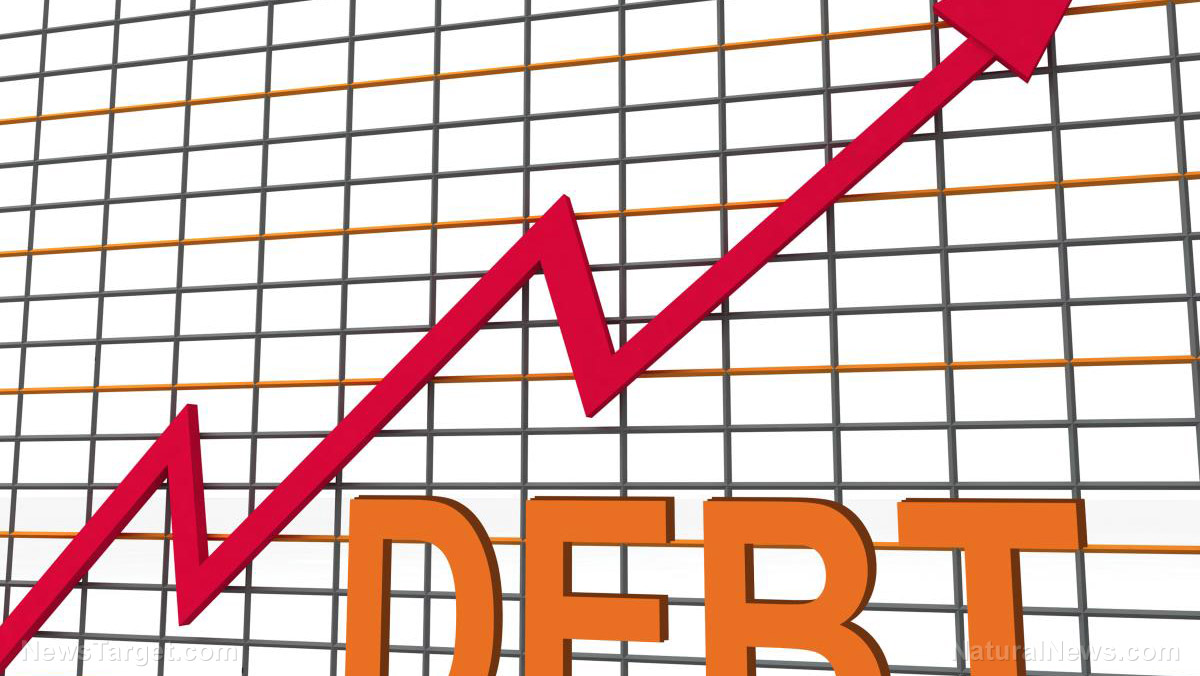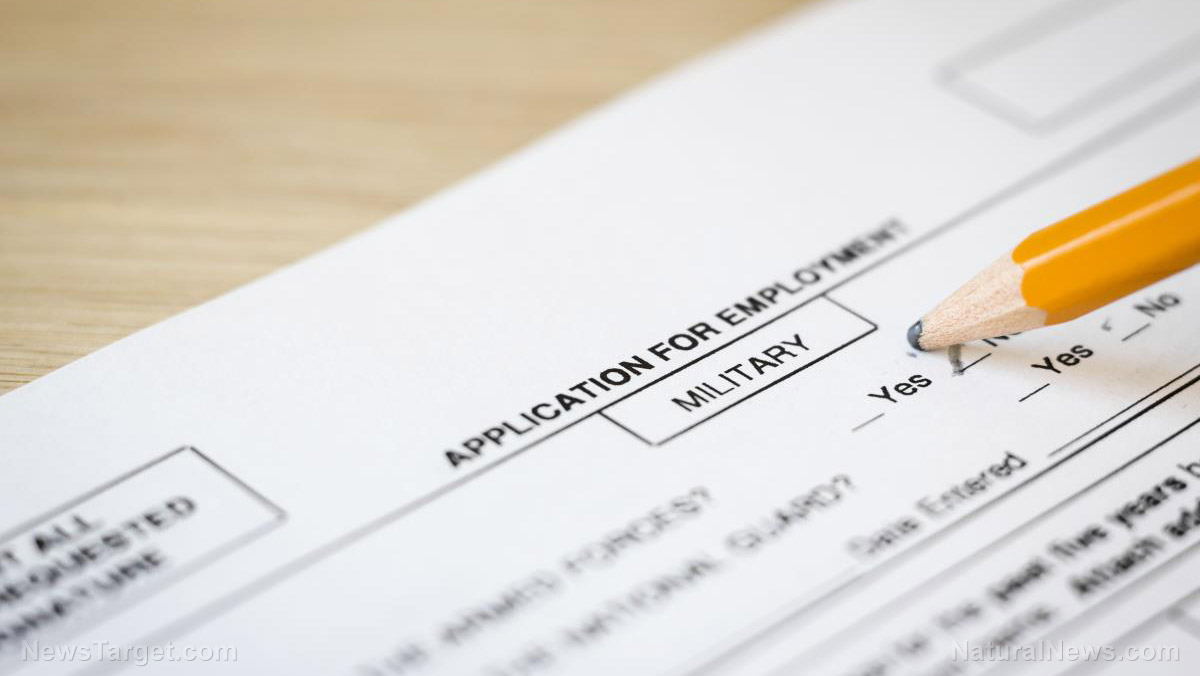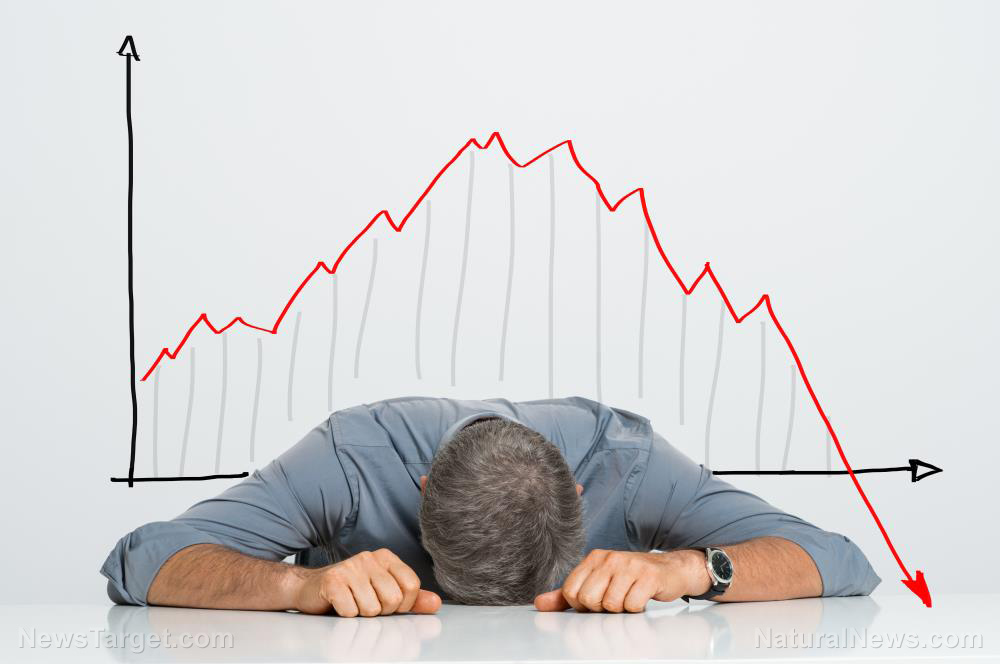Moody’s warns new coronavirus wave will plunge US economy into depression
05/12/2020 / By Ralph Flores

The U.S. economy is currently in a precarious situation, and what states will do next can either make it or break it.
According to Mark Zandi, the chief economist of global financial intelligence firm Moody’s Analytics, many states are taking a huge risk by reopening from the lockdown. A new outbreak, he warns, can tank the economy further.
“If we get a second wave, it will be a depression,” he said on CNBC’s Trading Nation. “We may not shut down again, but certainly it will scare people and spook people and weigh on the economy.”
In particular, 12 months or more of double-digit unemployment comprises a depression, according to Zandi.
Employment falls sharply across all industries
The latest report from the Department of Labor showed that the jobless rate for April rose to 14.7 percent, with non-farm payroll (a statistic that represents the number of people employed in the U.S.) dropping by 20.5 million.
While the job crunch affected all broad business sectors, the report indicates that women, high-school dropouts and Hispanics were particularly affected. (Related: Coronavirus pushes unemployment to highest levels since the Great Depression.)
Economists have said that while April’s job loss data will be worst during the pandemic, it’s a long road to recovery. Many predict that it could take months for the labor market to start adding jobs, and it would take years to fully replace jobs lost in the pandemic.
Zandi predicts that the job market will start to rebound by Memorial Day weekend, and gains will be felt through the summer into early fall – provided the U.S. does not have a resurgence of cases.
Despite the record job loss figures, Wall Street’s three major indexes posted gains last week.
“The market is casting a pretty high probability of a V-shaped shaped recovery,” he added. “The horizon may be a little short term: Next month, the month after, the month after that.”
He also noted that both consumers and businesses are on edge, given the uncertainty around the virus and its potential to further impact lives.
“We’re going to see the market reevaluate things at some point,” Zandi said.
No other choice but to reopen
But for many businesses, waiting for restrictions to be lifted isn’t an option they can afford, as they grapple with falling behind on rent, letting employees go and their community down.
In interviews with the Epoch Times, business owners who flouted the lockdown rules said that they had no other choice, as the economic fallout from the lockdown meant they were fighting for survival. Supporters, including businesses that can stay afloat after the lockdown, were sympathetic, saying they understood the pressures the owners were facing.
Twenty-six states have already allowed some businesses to reopen: Alabama, Alaska, Arizona, Colorado, Florida, Georgia, Hawaii, Idaho, Illinois, Indiana, Kansas, Maine, Mississippi, Missouri, Montana, North Carolina, Ohio, Oklahoma, Pennsylvania, Rhode Island, South Carolina, Tennessee, Texas, Utah, West Virginia, and Wyoming.
For many who flout the measures, they agreed the restrictions are effective; however, they said that their lives can’t continue without them getting income. In fact, many of these businesses are eligible for the Paycheck Protection Program (PPP), a loan designed to provide small businesses with incentives for keeping their workers. (Related: Can you say “fraud?” Large companies stepping in to take coronavirus relief loans meant for SMALL businesses.)
“I have not heard of a single business owner that I know or work with that has actually received any PPP money,” said small-business owner Chuck Roulet, speaking to the Epoch Times via email. “No PPP money and no income means they have to reopen.”
“We are more concerned about our financial futures than the virus … that is how I feel, and it is how my small-business owner clients feel as well.”
Pandemic.news has more on the ongoing coronavirus pandemic.
Sources include:
Tagged Under: Collapse, coronavirus, corporations, covid-19, economy, jobs, loans, pandemic, risk, SBA, small businesses, unemployment, USA
RECENT NEWS & ARTICLES
COPYRIGHT © 2017 PENSIONS.NEWS
All content posted on this site is protected under Free Speech. Pensions.news is not responsible for content written by contributing authors. The information on this site is provided for educational and entertainment purposes only. It is not intended as a substitute for professional advice of any kind. Pensions.news assumes no responsibility for the use or misuse of this material. All trademarks, registered trademarks and service marks mentioned on this site are the property of their respective owners.


